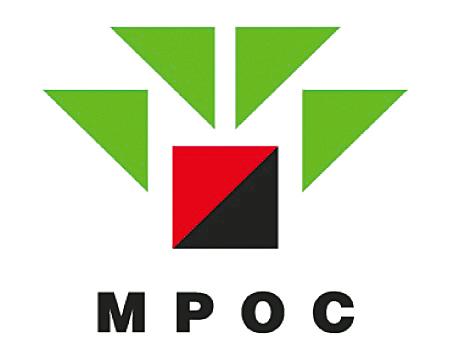KUALA LUMPUR: Palm oil prices are expected to remain resilient, trading above RM3,700 in February with resistance at RM3,950 amid the weak global demand for vegetable oil.
According to the Malaysian Palm Oil Council (MPOC), weak global demand for edible oil has resulted in a significant decline in major vegetable oil prices in January 2024.
MPOC said in a statement today that the price development of palm oil at the beginning of 2024 also reinforces the potential shift in global palm oil supply and demand dynamics towards a deficit growth pattern.
“During the last quarter of 2023, soybean oil exports from Brazil and Argentina declined by 53% and 35% respectively compared to the same period the previous year.
“Simultaneously, soybean exports from the United State (US) also witnessed a decrease of 22% during the same quarter.
“China's soybean imports dropped by 7% year-on-year to 9.82 million tonnes, reflecting a slowdown in soybean demand,” MPOC added.
However, it said January saw robust performance of palm oil prices, predominantly driven by subdued production caused by the monsoon and higher demand ahead of the upcoming Ramadan month, Chinese New Year, and Hari Raya Aidilfitri festival.
Malaysia’s palm oil stocks declined to a six-month low of 2.02 million tonnes, a decrease of 11.8%, followed by production which dropped to a nine-month low of 1.40 million tonnes, aligning with the inventory trend, it noted.
While January 2024 production dropped by 9.9% month-on-month to 1.40 million tonnes, MPOC said it still posted a year-on-year increase of 1.59%, marking the highest production level for January since 2019.
“This supports the anticipation that the palm oil production trend witnessed in the fourth quarter (Q4) of 2023 will continue into Q1 2024. In Q4 2023, production increased by 0.16 million tonnes, from 5.11 to 5.27 million tonnes compared to the same period in 2022,” it said.
Looking ahead, MPOC said as February is a shorter month, with only 29 days and coinciding with the Chinese New Year celebration, this means there will be fewer days available for harvesting.
Furthermore, palm oil domestic consumption in Malaysia is expected to remain robust in February due to the upcoming Ramadan month following the Chinese New Year.
As a result, palm oil stocks is forecast to drop below two million tonnes in February, it noted.
Meanwhile, in the near term, palm oil has lost its price competitiveness due to weak soft oil prices, MPOC said.
As of Feb 13, 2024, palm oil prices in Europe were trading at a premium of US$38, US$35 and US$37 over soybean, sunflower and rapeseed oil respectively.
This unfavourable price spread is likely to prompt global traders to fulfil their vegetable oil demand with soft oils.
Therefore, a price recovery is anticipated for soft oils in February and March, while palm oil prices are expected to remain unchanged. – Bernama









